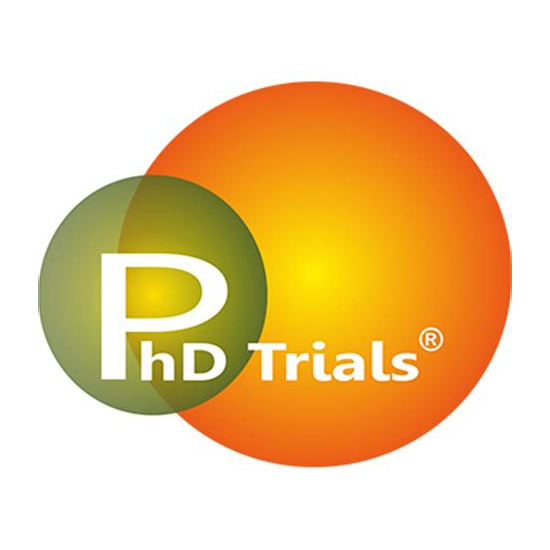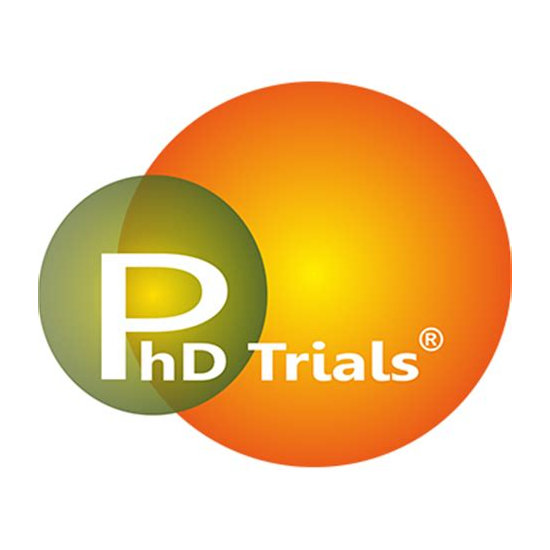Boost Your Test at in-cosmetics Global 2024 : The Best Place to Talk about Testing with PhD Trials
25 February 2024

Cosmeticians from all over the world are reuniting once again at in-cosmetics global, allowing much-needed and fruitful exchanges with partners, suppliers and customers.
👉 The Skinobs team will be glad to welcome you in the BOOST YOUR TEST 1T89 area for the 5th year, to talk with you about your evaluation projects during your visit at in-cosmetics global in Paris, from April 16th to 18th 2024.
PREPARE FOR THE UPCOMING TRADE IN-COSMETICS GLOBAL
It is time for cosmeticians from all over the world to schedule their visit to in-cosmetics global in Paris.
Skinobs invites skincare creators and ingredient manufacturers to visit BOOST YOUR TEST [1T89], organized in collaboration with in-cosmetics Global in the heart of the Testing & Lab area.
It aims to guide you in your evaluation process and to advise whatever classic or innovative claims to be assessed. This is to help you to identify the most appropriate methods and choose the right Contact Research Organization (CROs) around the world that best match your evaluation specifications for:
- Preclinical assays in-tubo, in-vitro or ex-vivo such as stability, safety, container-content or efficacy assays,
- Clinical objectivation such as tolerance, efficacy, sensory analysis, or consumer tests.
Skinobs will be present booth 1T89
PhD Trials is sponsored of Boost Your Tests Zone
 PhD Trials® is an International Contract Research Organization engaged into the clinical assessment of safety and efficacy of products for topical application (cosmetics or raw materials). We are a multidisciplinary team of skin specialists, boasting more than 25 years of experience in the scientific support to the cosmetic industry.
PhD Trials® is an International Contract Research Organization engaged into the clinical assessment of safety and efficacy of products for topical application (cosmetics or raw materials). We are a multidisciplinary team of skin specialists, boasting more than 25 years of experience in the scientific support to the cosmetic industry.
The technical staff of PhD Trials® consists of skin physiologists, dermatologists, pharmacists, Ophthalmologists, Pediatricians, Gynecologists, Vascular Surgeons, biologists and engineers that are constantly developing new methods to substantiate cosmetic claims.
New methods to evaluate the sensitive skin in-vivo: a global assessment system using advanced methods
Sensitive skin is one of the major aspects that affect people in nowadays. In the recent Cosmetotest symposium a presentation shows that 40% of the inquired subjects express to have sensitive skin. Therefore, this is a major concern to the producers of cosmetic products, or cosmetic ingredients as some specific cosmetic products can help to reduce the main aspects of this affection.
Sensitive skin can be characterized by 4 main areas:
- a barrier impairment expressed as a thinner stratum corneum,
- a higher reactivity, expressed as a response to stinging substances such as lactic acid or capsaicin ,
- a change in the composition of the skin namely a different NMF composition, different water distribution in the skin layers and some filaggrin mutations and
- a high vascular response expressed by a typical erythema or even a burning sensation due to the stimulation of some skin nociceptors.
At PhD Trials they developed a combined method that is able to evaluate the sensitive skin major aspects and express the result in a global value.
The method involves the observation and calculation of the skin barrier thickness by in vivo confocal microscopy. With this method we can calculate the Stratum corneum thickness and reconstruct in 3D the skin barrier, before and after the use of a product. The second targeting function is the detection of the main skin components of the skin like NMF, Ceramides, Fatty acids and the calculation of the water profile through the skin, using their new in vivo Raman spectroscope (gen2-SCA). With this method it’s possible to precisely detect each of the components and also to calculate precisely the stratum corneum thickness. Finally, by observing the Raman spectrums it is possible to detect filaggrin mutations which has been associated to some types of barrier impairment and therefore can be a specific marker
Targeting the skin microcirculation, they use specific challenge procedures such as the temperature response and the histamine challenge in order to calculate the neural, muscular and local mediators’ contribution to the vasodilation induced by those challenges. Techniques show different responses in normal vs sensitive skin subjects and can also be a marker for the vascular response in those cases. Finally, to guarantee the continuity with old data, their method evaluates the stinging response to lactic acid or capsaicin and the standard calculation of the skin hydration, using the Corneometer and the skin barrier function using the trans epidermal water loss (TEWL), in this case using the new Tewameter Hex system.
The contribution of each part of the aspects of the sensitive skin is calculated and a final global assessment is obtained.
Contact them to understand more how they can help your product to reduce the sensitive skin aspects.
To discover more, visit PhD Trials at In Cosmetics Global
Connect on Skinobs: click here
CONTACT
Phone number: +351 216034267
——————
👉 To discover the full exhibitors list : click here
More informations here.







 Follow us on Linkedin!
Follow us on Linkedin!
You must be logged in to post a comment.